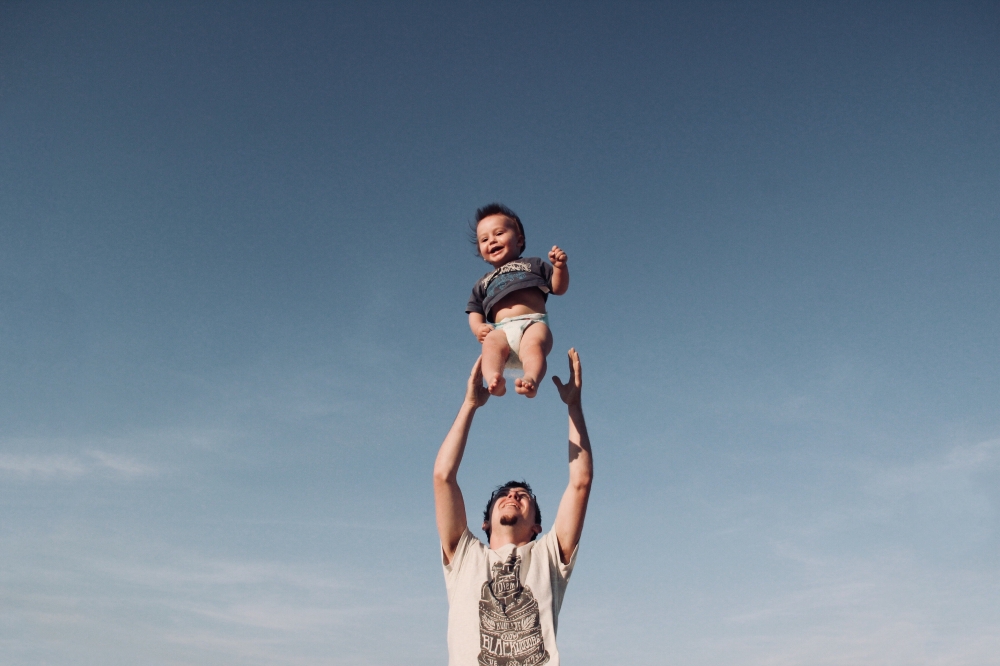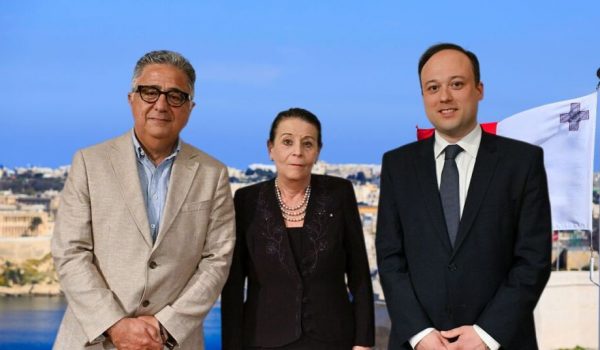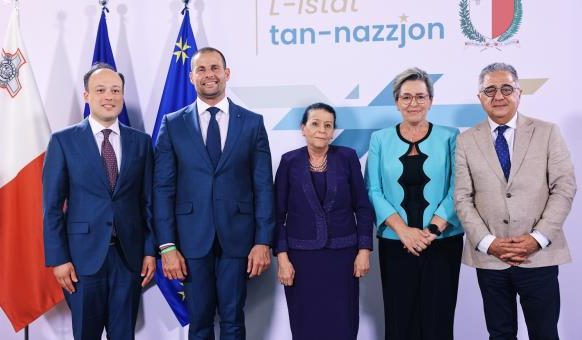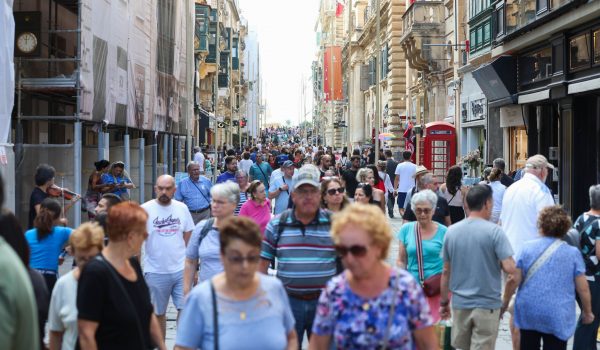
In a new survey, conducted by statistician Vincent Marmara, the state of the Maltese nation appears to be one that puts family first and is no longer considering religion and party politics as important as it once was. Take a dive into the results of the survey below.
Family first
Family is the first port of call for the Maltese when they are facing a problem. When making important life decisions, three out of four people say that they do so together with family members. Around half of people also say that they make such decisions by themselves.
For 43.2%, family is the most important aspect in life.
75% of people reported speaking to family face-to-face. With friends, communication is mostly done face-to-face or using social media.
Almost 60% of young people communicate with friends over SMS or social media.
People also said they feel that respect and values are learnt from the family rather than in school.
Slow declining Catholicism
Fewer people believe in God, although the figure stands at a whopping 88.5%. However, in just two years, the amount of people who do not believe in God grew from 3% to 6%.
While 61.4% of people say religion is important to them, younger people are giving less importance to religion in their lives. In the 16 to 25 age group, 70.6% believe in God but only 37.8% of them consider religion as an important part of their lives.
Almost 50% consider religion when making ethical decisions, with older age groups more likely to consider religion when deciding on ethical matters. Among the 16 and 25 age group, only 17.8% consider religion on such decisions.
Shutting off from the news
Compared to 2021, more people feel that the Maltese media is reporting and discussing issues that concern them, although many also feel that the media could report on more such issues.
Indeed, the number of people who said that the Maltese media reports on important issues rose to 21.8% in 2023 from 10.1% in 2021.
However, a relative majority of people (46.4%) still feel that the media is not fully reporting on issues that concern them. Meanwhile, 21% feel that the media does not report or discuss matters that concern them at all, while 10.8% are unsure.
People aged 36 to 45 are most likely to say that the media does not report issues that concern them. However, they are also the third most likely group to say that the media reports on such issues frequently.
However, fewer people are following the news. The most popular news source remain TV and online links on Facebook. Indeed, 84% of people aged 66 and over report following the news on TV. Meanwhile, almost 50% of people aged 16 and 25 follow the news through Facebook.
Shrinking party loyalty
Younger people are less likely to give importance to politics in Malta, and the number of people who report giving high importance to politics is falling. Fewer and fewer people are also considering their political parties’ opinions when making decisions.
67% say they have always voted for the same party, a considerable fall compared to the 82.7% who reported similarly in 2021.
More people said that they would consider voting for a different party. Those who say they would not fell from 55.8% to 39.3%.
Younger people and people earning a higher income are most likely to vote for different parties. Most people report identifying with a certain political party because it aligns with their political values.
Almost 70% of people said they would vote in the next general election, although 18.8% said they were not sure.
How Malta lives
More and more people are living life one day at a time. Those who pay a high tax on income are most likely to plan ahead in life, implying that one is more likely to plan ahead if they earn a higher income.
However, people in this tax bracket are also likely to be the least happy in life.
70.4% of Maltese people feel that they are successful in life. People with tertiary education are more likely to feel that they are successful.
During the pandemic, more people felt that they did not know whether they would be living a better life in a years’ time.
Moreover, four in five people feel like they are at the average standard of living.
Regarding work, people are most looking for job satisfaction and income. Job security and appreciation are the least important factors when looking for a job.
The Malta connection
Fewer people feel a connection to their Maltese peers, with 25.3% associating themselves primarily with the rest of Europe. Almost 41% of people aged 16 to 25 feel most connected with the rest of Europe.
Three in four people do not wish that they grew up in another country, but the number of people wishing they did is increasing over the years. Older people are more likely to say that they do no wish they grew up in another country.
Three in four people feel that Malta is their main language, although this number fell from 82% to 75.4% between 2021 and 2023. The number of people reporting English are their primary language increased from 1.3% to 3.6%. Meanwhile, 19.4% of people consider both English and Maltese are their main language.
Younger people are more likely to consider English are their primary language, with 51.7% of people aged 16 to 25 considering Maltese as their main language. Almost 28% of people in this age group consider the two of them as their primary language.
Maltese culture
People feel that the most important elements of Maltese culture are village festi, traditional food, and Good Friday celebrations. The least important elements are carnival celebrations and Maltese arts and music.
Regardless, 63% of people said that arts and culture is important for personal human development. Meanwhile 45% said that arts and culture is essential.
A third of people are not fully comfortable with multiculturalism in Malta. Younger people are most likely to be comfortable with multiculturalism, while older people are most uncomfortable with it.
Sors: https://www.maltatoday.com.mt/news/national/123241/the_state_of_the_nation_family_first_for_maltese_as_religion_party_loyalty_falls



